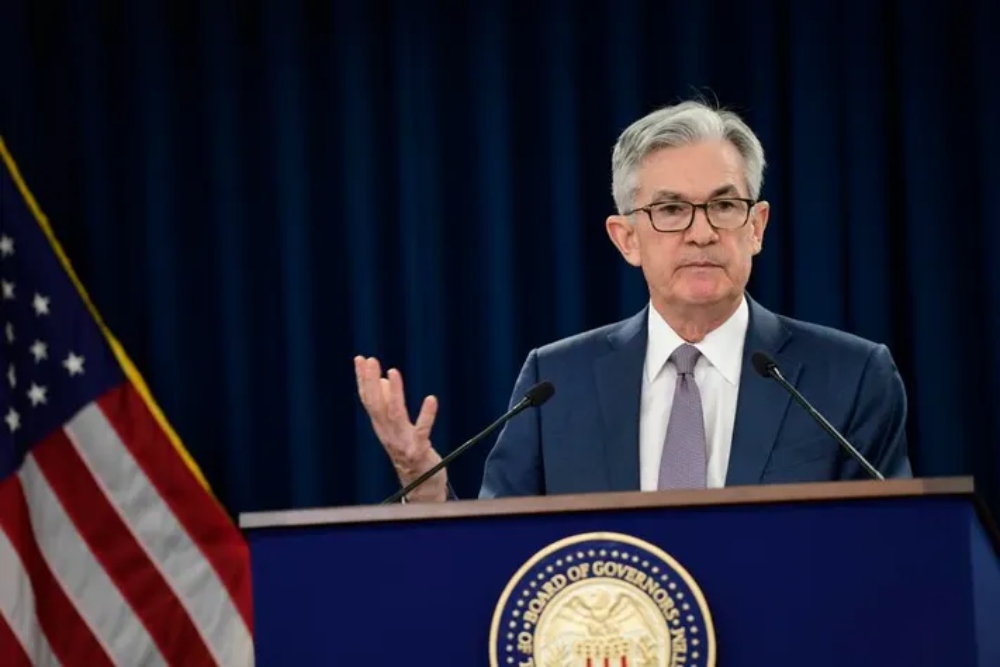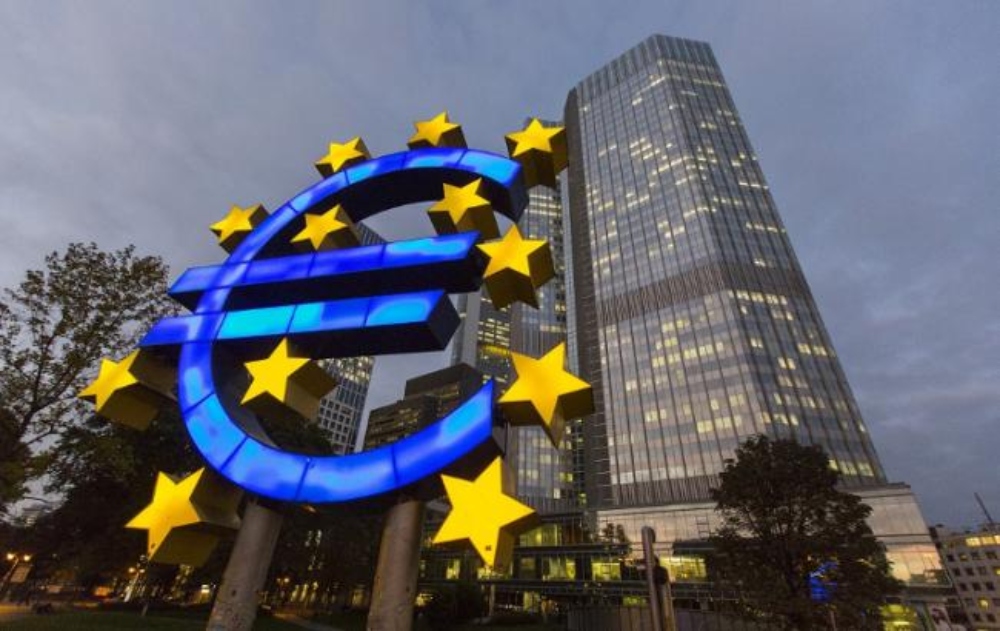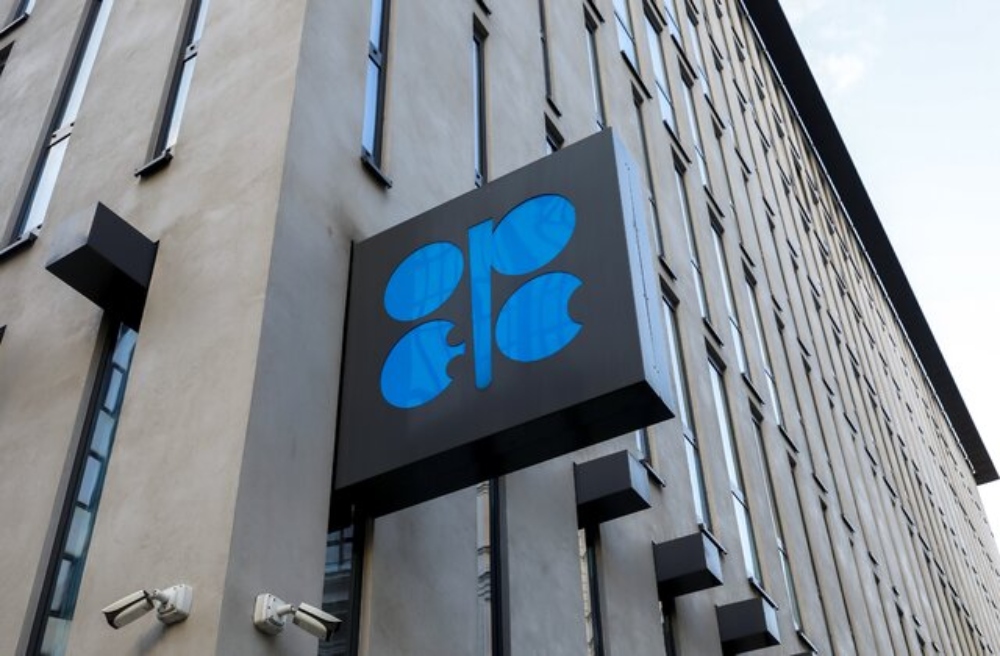Daniel Lacalle

Daniel Lacalle is one the most influential economists in the world. He is Chief Economist at Tressis SV, Fund Manager at Adriza International Opportunities, Member of the advisory board of the Rafael del Pino foundation, Commissioner of the Community of Madrid in London, President of Instituto Mises Hispano and Professor at IE Business School, London School of Economics, IEB and UNED. Mr. Lacalle has presented and given keynote speeches at the most prestigious forums globally including the Federal Reserve in Houston, the Heritage Foundation in Washington, London School of Economics, Funds Society Forum in Miami, World Economic Forum, Forecast Summit in Peru, Mining Show in Dubai, Our Crowd in Jerusalem, Nordea Investor Summit in Oslo, and many others. Mr Lacalle has more than 24 years of experience in the energy and finance sectors, including experience in North Africa, Latin America and the Middle East. He is currently a fund manager overseeing equities, bonds and commodities. He was voted Top 3 Generalist and Number 1 Pan-European Buyside Individual in Oil & Gas in Thomson Reuters’ Extel Survey in 2011, the leading survey among companies and financial institutions. He is also author of the best-selling books: “Life In The Financial Markets” (Wiley, 2014), translated to Portuguese and Spanish ; “The Energy World Is Flat” (Wiley, 2014, with Diego Parrilla), translated to Portuguese and Chinese ; “Escape from the Central Bank Trap” (2017, BEP), translated to Spanish. Mr Lacalle also contributes at CNBC, World Economic Forum, Epoch Times, Mises Institute, Hedgeye, Zero Hedge, Focus Economics, Seeking Alpha, El Español, The Commentator, and The Wall Street Journal. He holds a PhD in Economics, CIIA financial analyst title, with a post graduate degree in IESE and a master’s degree in economic investigation (UCV).

If you read the latest OECD publication, “Employment Outlook 2024: The Net Zero Transition and the Labour Market,” you would imagine that the world has not gone through the largest monetary and fiscal stimulus in decades.

In his recent testimony before Congress, Federal Reserve Chair Jerome Powell shared insights into the current state of inflation in the United States.

I frequently receive comments about the strength of the United States economy and the unfairness of perceiving things as less than stellar. Is it really the “strongest economy ever”? It’s evident that it’s far from being the “strongest economy ever.”

Following the European elections, the French credit default swap has soared to a post-2020 record of 39 points.

Deficit spending is not a growth tool. It is the recipe for stagnation.

The University of Michigan Consumer Sentiment Survey plummeted to its lowest level in seven months.

The ECB decided to cut rates by 25 basis points the same day it elevated its own inflation estimates for 2024 and 2025.

The latest OPEC meeting conclusions show that the global economy is not as strong as headlines suggest and that industries all over the world are struggling to recover.

In a world where the money supply is expanding at an unprecedented rate, the persistence of inflation is hardly a shock.

Consumers are unhappy with the US economy, and it makes sense.
By visiting our website you agree that we are using cookies to ensure you to get the best experience.
We use cookies to ensure you to get the best experience on our website. If you decline the use of cookies, this website may not function as expected.
Tools used to analyze the data to measure the effectiveness of a website and to understand how it works.